The rise of the Carolingian Empire (ca. 800–888 AD) witnessed an abundance of theological and philosophical inquiry and controversy, not least because the relative political stability made connections across geographical regions easier, along with a widespread effort by its authorities to promote educational and religious reforms and thus to develop greater uniformity in Christian thought and practice.
Debates flared, for instance, around Christology and adoptionism, iconoclasm, the eucharist (symbolic vs. realist), and, perhaps most notoriously, the double predestinarian views of Gottschalk of Orbais. How to articulate properly God’s activity in creation was often lurking just underneath the surface of those disputes.
Debates over Foreknowledge and the Doctrine of Creation
There was one recurring theme throughout that proved particularly challenging to the participants of that last, long debate on predestination: divine foreknowledge. Theologians—from the clerical elite to rural priests—as a result of Gottschalk’s teachings being discussed in various councils across the Empire, found themselves engaging one another about what God knows of the future, what God does with what God knows of that future, and whether or not it can be said God changes his mind as a result of that knowledge. But what does a relatively obscure medieval debate over such matters have to do with the Henry Center’s Creation Project,What does the doctrine of divine foreknowledge have do with a doctrine of creation? committed as it is to making progress in understanding where the conflict between the current state of scientific inquiry and classic theological positions is real and where it is illusory? Moreover, what does the doctrine of divine foreknowledge have do with a doctrine of creation?
Brian J. Matz, a member of the 2019–2020 Henry Resident Fellowship community, believes that the debate over the definition of foreknowledge was really a debate about the creation itself, about the nature and character of God, about theodicy, and about just what can be known of the mind of God and the decision-making powers of that mind. Further still, according to Matz, this was “a debate about the biological and noetic makeup of the human person and the extent to which the material and immaterial elements of a person are determinative of their own actions.”
Matz says, in short:
“The questions medieval theologians had were about whether God’s foreknowing something preceded, followed, or was contemporaneous with his decision to act, whether that foreknowing constrained God’s acting and whether that foreknowing had a determinative impact on our humanity.”
Questions such as these also have direct impact on how we might engage contemporary cognitive sciences, not least with respect to evolutionary biology. Daniel Dennett, for example, argues in Freedom Evolves (2003) that any notion of real freedom is an illusion, a way of talking about our perception of our reality. Matz summarizes one of Dennett’s theses:“Advances in the cognitive sciences cannot be ignored. They are telling us increasingly more about how we process data and how we make decisions.” “Our actions, rather, are predetermined by electro-chemical processes taking place in our brain. Given the same set of inputs, we will produce the same action every time.”
Matz is of the opinion that the scientific discussions are invaluable to this kind of theological and philosophical research. Just how much or just how little control we have (or seem to have) on the processes that lead us to faith “animated Christian thinking in the ninth century, much as they did in the fifth century (Augustine/Pelagius) and as they did in later centuries (Reformation) and still do in our day.”
“Advances in the cognitive sciences cannot be ignored. They are telling us increasingly more about how we process data and how we make decisions.” And, according to Matz, “if they are moving in the direction of determinism, then it behooves us to articulate how those processes cohere with our understanding of a gracious and loving God who has called us into a relationship with himself.”
Why This Project?
With this in mind, Matz hopes to accomplish two things through this project: First, he wants to raise awareness within Christian communities of how thinking about divine foreknowledge raises important and complicated questions, the answers to which are not self-evident in Scripture. Matz also acknowledges the problem with speaking of anything that God knows as foreknowledge if, as one might argue, God is outside the constraints of time and space.“Perhaps foreknowledge says something more about our relationship towards God than it does about God’s relationship towards us.” “In such a case, is any thing really fore or after to God with respect to what is to God? Perhaps foreknowledge says something more about our relationship towards God than it does about God’s relationship towards us.”
Second, and in light of these concerns, Matz hopes his project will do a better job of articulating these ideas in conversation with the developments taking place in the cognitive and natural sciences. To what extent are human actions the result of free, rational, deliberative processes? “We like to think of our decision to place our faith in Jesus as the product of such deliberation, but the cognitive sciences increasingly suggest very little of our decision activity is attributable to such effort.” As with the Dennett example above, it would appear that our actions may be the product of environmental factors outside our control, including especially neuro-chemical processes within our brain that cause us to respond to stimuli in pre-determined ways. “So, even in the face of uncertainty in decision-making,” Matz quips, “we may well be far less ‘free’ than we imagine.”
All of this, of course, bears tremendously on, to use Matz’s own example, what we think Paul meant in Romans 8 when he wrote that “those whom God foreknew, he predestined . . . ”
“Is what God foreknew the stimuli necessary to signal the neuro-chemical processes of our brain towards a response of faith? Did God foreknow that some in the human community would be wired in such a way as to orient them towards a life of faith, and therefore it may be said of them they were predestined? This seems wholly unsatisfying.”
Matz goes on, pressing further into questions surrounding what it means for God to have created human beings in the first place:
“What was the situation of those into whom God first breathed life? The theologians engaged in this ninth-century debate over foreknowledge were keen to link God’s activity of foreknowing with his activity of creating. What God foreknew was the product of what God created.”
The brunt of Matz’s work, then, will be to identify the links in the ninth-century theologians’ texts between God’s foreknowledge, his creative activity, his invitation of humans to faith, his transformation of humans through the indwelling Spirit, and his capacity to thereby predestine some to glory.
In this way, the medieval debate serves as an excellent entry point into identifying such lines of inquiry:
“This is because the texts of that debate brought together a rich array of source material from Scripture, from Christian antiquity and from a growing self-awareness that they had something to contribute, philosophically, to the question that was different from what had been said in earlier times.”
During his residency, Matz plans to draft a monograph-length study that isolates within the ninth-century controversy the concept of divine foreknowledge. “I want to understand (1) why it proved such a difficult term for the ninth-century theologians to explain; (2) what connections they saw between God’s foreknowledge and his actions in creation; and (3) what resonance this subject has or ought to have in evangelical theology today.” And, finally, he hopes to draw connections in the monograph between these ideas and the theoretical frameworks in the cognitive sciences that shape contemporary thinking about action and contingency.
2019-2020 Henry Resident Fellows
 |
Henry Fellows Announced Theme Year: Divine Action, Contingency, and Modern Science |
 |
Craig Bartholomew Director, Kirby Laing Institute for Christian Ethics Project: “Creation, Divine Action, the Old Testament, and Modern Science” |
 |
Craig Keener Professor of Biblical Studies, Asbury Theological Seminary Project: “The Credibility of Special Divine Action in Mark’s Gospel and Today” |
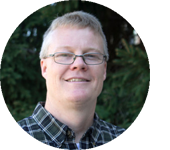 |
Brian Matz Endowed Chair in Catholic Thought, Fontbonne University Project: “Divine Action and Contingency in a Little-Known Medieval Debate over Foreknowledge” |
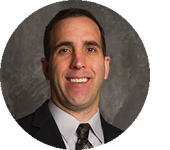 |
Paul Gould Founder and President, Two Tasks Institute Project: “Neo-Aristotelian Accounts of Divine Creation” |
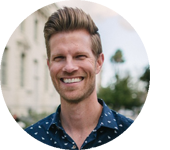 |
Jordan Wessling Curriculum Development Specialist and Adjunct Instructor, Fuller Theological Seminary Project: “Divine Action and the Autonomy of Creation” |
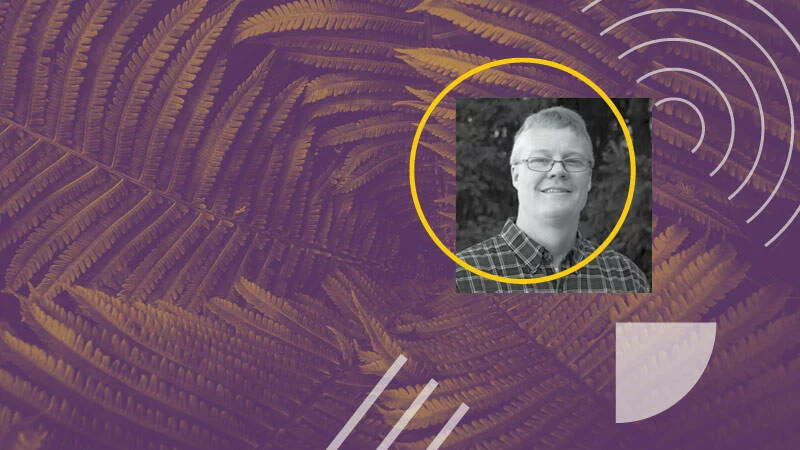
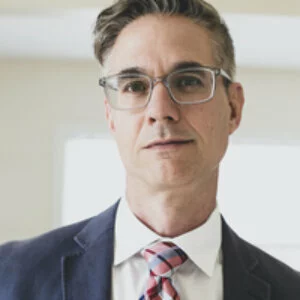
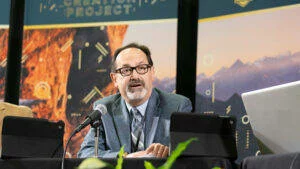

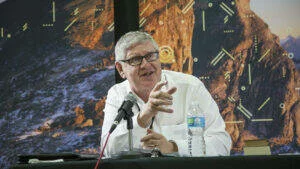

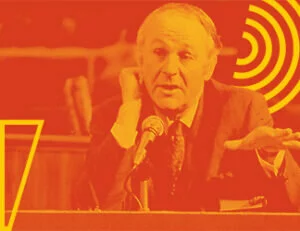
Comments
Be the first one to make a comment!